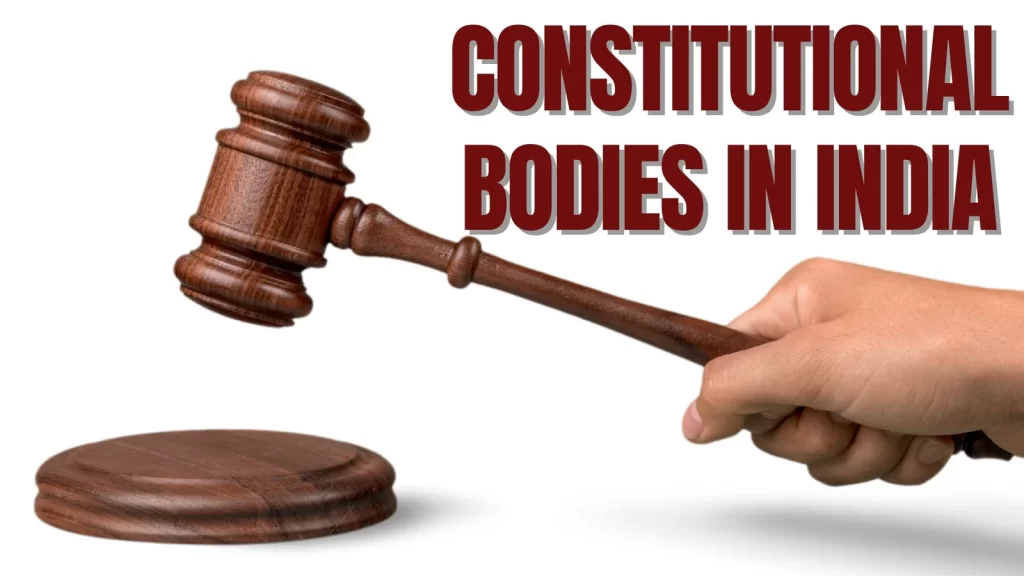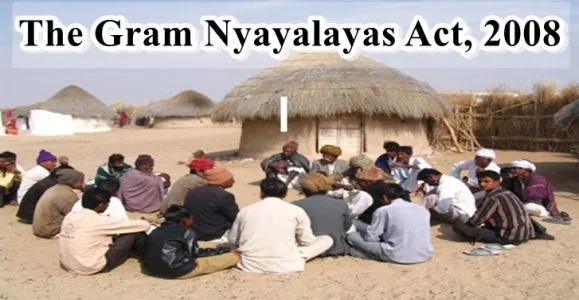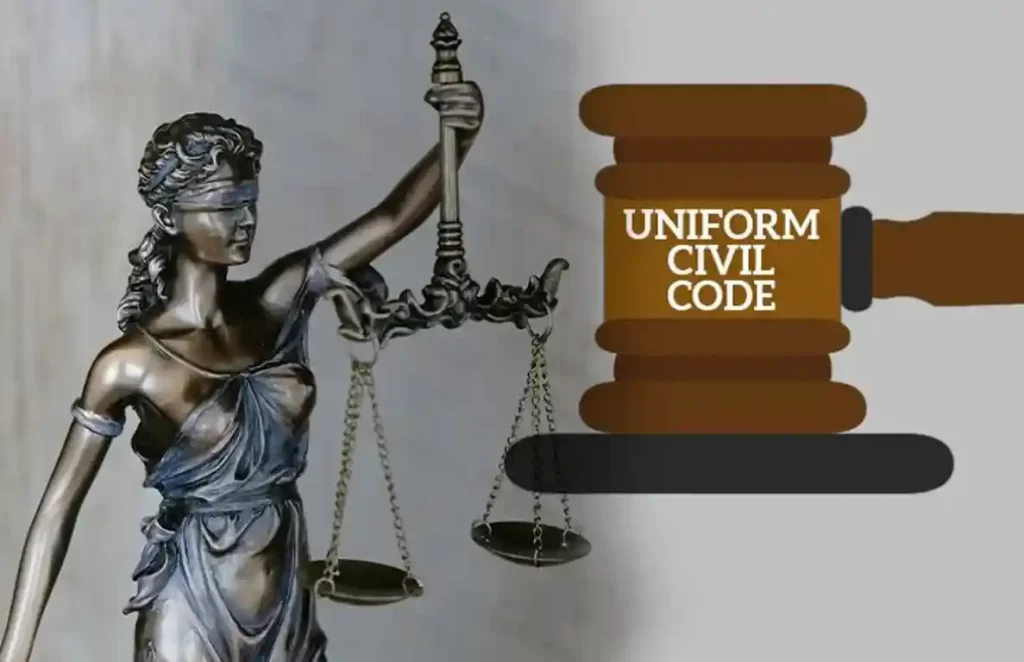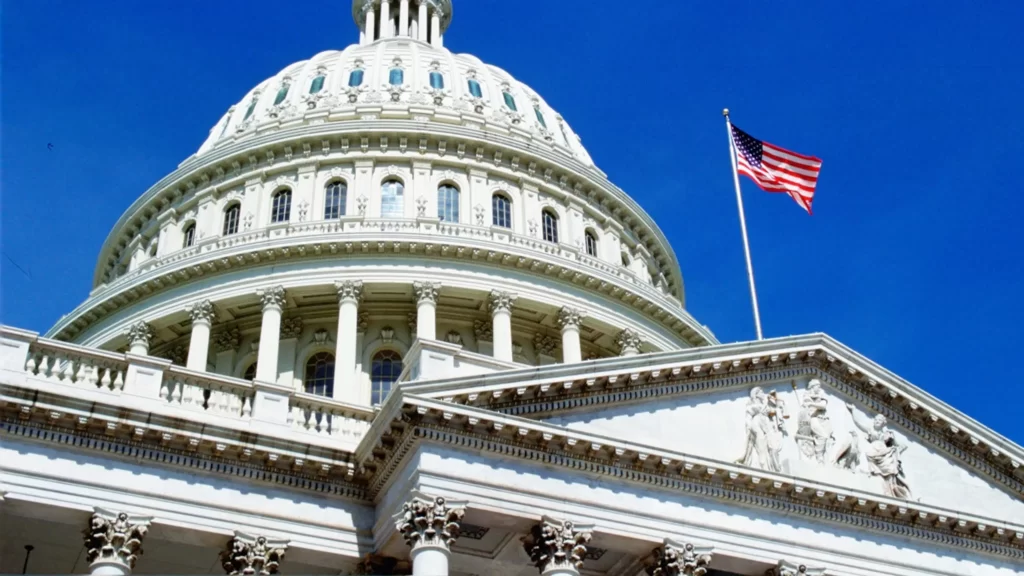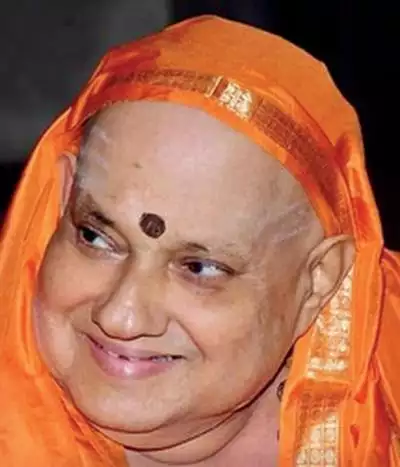Important Articles Of Indian Constitution
- The Constitution of India is the supreme law of India. It imparts constitutional supremacy (not parliamentary supremacy, since it was created by a constituent assembly rather than Parliament) and was adopted by its people with a declaration in its preamble. Parliament cannot override the constitution. The original 1950 constitution is preserved in a helium-filled case at the Parliament House in New Delhi.
- Original Indian Constitution, when adopted by Constituent Assembly in 1949, had 395 articles and 22 parts. Many other articles and three other parts were added to it by subsequent constitutional amendments. As of now, the Indian constitution has about 470 articles in 25 parts.
Tricks to remember important articles in the Indian Constitution for UPSC
Memorizing all 470 articles of the Indian Constitution and reproducing them in the civil services exam is not an easy task. It is difficult to learn everything. Below are a few tips to remember the important articles of the Indian Constitution:
* Add the magic number ‘4’ in Articles Related to Emergency Provisions:
- Article 352: Proclamation of Emergency.
- Article 356: Provisions in case of failure of constitutional machinery in States(352+4=356)
- Article 360: Financial Emergency(356+4=360)
*Add the magic number 90:
| Article for Centre | Corresponding Article for State |
| Article 112: Annual financial statement for Union | Article 202: Annual financial statement for State |
| Article 113: Procedure in Parliament with respect to estimates | Article 203: Procedure in Legislature with respect to estimates |
| Article 114: Appropriation Bills | Article 204: Appropriation Bills |
| Article 115: Supplementary, additional or excess grants | Article 205: Supplementary, additional or excess grants |
| Article 116: Votes on account, votes of credit and exceptional grants | Article 206: Votes on account, votes of credit and exceptional grants |
| Article 117: Special provisions as to financial Bills | Article 207: Special provisions as to financial Bills |
| Article 118: Rules of procedure | Article 208: Rules of procedure |
| Article 119: Regulation by law of procedure in Parliament in relation to financial business | Article 209: Regulation by law of procedure in the Legislature of the State in relation to financial business |
| Article 120: Language to be used in Parliament. | Article 210: Language to be used in Legislature |
| Article 121: Restriction on discussion in Parliament | Article 211: Restriction on discussion in the Legislature |
| Article 122: Courts not to inquire into proceedings of Parliament | Article 212: Courts not to inquire into proceedings of Legislature |
| Article 123: Power of President to promulgate Ordinances | Article 213: Power of Governor to promulgate Ordinances |
| Article 124: Establishment and constitution of Supreme Court | Article 214: High Courts for States |
*Add the magic number ‘89’:
| Article for Centre | Corresponding article for State |
| Article 72: Power of President to grant pardons, etc., and to suspend, remit or commute sentences in certain cases | Article 161: Power of Governor to grant pardons, etc., and to suspend, remit or commute sentences in certain cases |
| Article 74: Council of Ministers to aid and advice President. | Article 163: Council of Ministers to aid and advise Governor |
| Article 75: Other provisions as to Ministers | Article: 164: Other provisions as to Ministers |
| Article 76: Attorney General for India | Article 165: Advocate General for the State |
| Article 77: Conduct of business of the Government of India | Article 166: Conduct of business of the Government of a State |
| Article 78: Duties of Prime Minister as respects the furnishing of information to the President, etc. | Article 167: Duties of Chief Minister as respects the furnishing of information to Governor, etc. |
| Article 79: Constitution of Parliament | Article 168: Constitution of Legislatures in States |
| Article 85: Sessions of Parliament, prorogation and dissolution | Article 174: Sessions of the State Legislature, prorogation and dissolution |
| Article 86: Right of President to address and send messages to Houses | Article 175: Right of Governor to address and send messages to the House or Houses |
| Article 88: Rights of Ministers and Attorney-General as respects Houses | Article 177: Rights of Ministers and Advocate-General as respects the Houses |
| Article 102: Disqualifications for membership | Article 192: Disqualifications for membership |
| Article 105: Powers, privileges, etc., of the Houses of Parliament and of the members and committees thereof | Article 194: Powers, privileges, etc., of the Houses of Legislatures and of the members and committees thereof |
| Article 100: Voting in Houses, the power of Houses to act notwithstanding vacancies and quorum | Article 189: Voting in Houses, the power of Houses to act notwithstanding vacancies and quorum |
| Article 111: Assent to Bills (President) | Article 200: Assent to Bills (Governor) |
| Article 110: Definition of Money Bills | Article 199: Definition of “Money Bills” in State Legislature |
List of important Articles of Indian Constitution
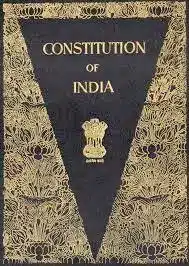
- Article 1- Name and territory of the union.
- Article 2 – Admission and Establishment of the new state.
- Article 3 – Formation of new states and alteration of areas, boundaries, and the name of existing states.
- Article 5 – Citizenship at the commencement of the constitution.
- Article 11- Parliament to regulate the right of citizenship by law.
- Article 13 Laws inconsistent with or in derogation of the fundamental rights.
- Article 14- Equality before the law.
- Article 15- Prohibition of discrimination on the grounds of religion, race, caste, sex. Or place of birth.
- Article 16- Equality of opportunity in matters of public employment.
- Article 17- Abolition of the untouchability.
- Article 18- Abolition of titles
- Art.19 guarantees to all the citizens the six rights
- · (a) Right to freedom of speech and expression.
- · (b) Right to assemble peacefully and without arms.
- · (c) Right to form associations or unions.
- · (d) Right to move freely throughout the territory of India.
- · (e) Right to reside and settle in any part of the territory of India.
- · (f) Right to practice any profession or to carry on any occupation, trade, and business.
- Article 20- Protection in respect of conviction for offences.
- Article 21-Protection of life and personal liberty.
- Article 21A – Right to education
- Article 22- Protection against arrest and detention in certain cases.
- Article 23- Prohibition of traffic in human beings and forced labour.
- Article 24- Prohibition of employment of children in factories and mines under age of 14.
- Article 25- Freedom of conscience and free profession, practice and propagation of religion.
- Article 26- Freedom to manage religious affairs.
- Article 27- Freedom as to pay taxes for promotion of any particular religion.
- Article 28- Freedom from attending religious instruction.
- Article 29- Protection of interest of minorities.
- Article 30- Right of minorities to establish and administer educational institutions.
- Article 32- Remedies for enforcement of Fundamental Rights.
- Article 37- Application of the directive principles
- Article 39A- Equal justice and free legal aid
- Article 40- Organisation of village panchayat
- Article 41- Right to work, to education, and to public assistance in certain cases
- Article 42- Provision for just and humane conditions of work and maternity relief
- Article 43- Living Wages, etc. for Workers.
- Article 43A- Participation of workers in management of industries.
- Article 43B- Promotion of co-operative societies
- Article 44- Uniform civil code.
- Article 45- Provision for free and compulsory education for children.
- Article 46- Promotion of educational and economic interest of scheduled castes, ST, and OBC.
- Article 47-Duty of the state to raise the level of nutrition and the standard of living and to improve public health.
- Article 48-Organisation of agriculture and animal husbandry.
- Article 48A- Protection and improvement of environment and safeguarding of forests and wild life
- Article 49- Protection of monuments and places and objects of natural importance.
- Article 50- Separation of judiciary from the executive.
- Article 51- Promotion of international peace and security.
- Article 51A- Fundamental Duties
- Article 52- The President of India
- Article 54- Election of President
- Article 61- Procedure for Impeachment of the President.
- Article 63- The Vice-president of India.
- Article 64- The Vice-President to be ex-officio chairman the Council of States.
- Article 65- The Vice-President to act as President or to discharge his functions during casual vacancies in the office, or during the absence, of President
- Article 66-Election of Vice-president.
- Article 72-Pardoning powers of President.
- Article 74- Council of Ministers to aid and advise the President.
- Article 76- Attorney-General for India.
- Article 78- Duties of Prime Minister as respects the furnishing of information to the President, etc.
- Article 79- Constitution of Parliament
- Article 80- Composition of Rajya Sabha.
- Article 81- Composition of Lok Sabha.
- Article 83- Duration of Houses of Parliament.
- Article 93- The speakers and Deputy speakers of the house of the people.
- Article 105- Powers, Privileges, etc of the House of Parliament.
- Article 109- Special procedure in respect of money bills
- Article 110- Definition of “Money Bills”.
- Article 112- Annual Financial Budget.
- Article 114-Appropriation Bills.
- Article 122- Courts not to inquire into proceedings of Parliament.
- Article 123- Powers of the President to promulgate Ordinances during recess of parliament.
- Article 124- Establishment of Supreme Court.
- Article 129- Supreme court to be a court of Record.
- Article 137- Review of judgement or orders by the Supreme court.
- Article 141-Decision of the Supreme Court binding on all the courts.
- Article 143- Power of President to consult Supreme Court
- Article 148- Comptroller and Auditor- General of India
- Article 149- Duties and Powers of CAG.
- Article 153- Governors of State
- Article 154- Executive Powers of Governor.
- Article 161- Pardoning powers of the Governor.
- Article 163- Council of ministers to aid and advise governor
- Article 165- Advocate-General of the State.
- Article 169- Abolition or creation of legislative councils in states
- Article 213- Power of Governor to promulgate ordinances.
- Article 214- High Courts for states.
- Article 215- High Courts to be a court of record.
- Article 226- Power of High Courts to issue certain writs.
- Article 231- Establishment of a common high court for two or more states.
- Article 239- Administration of union territories
- Article 239AA- Special provisions with respect to Delhi.
- Article 243A- Gram Sabha
- Article 243B- Constitution of Panchayats
- Article 244- Administration of scheduled areas and tribal areas
- Article 249- Power of Parliament to legislate with respect to a matter in the State List in the national interest
- Article 250- Power of Parliament to legislate with respect to any matter in the State List if a proclamation of emergency is in operation
- Article 253- Legislation for giving effect to international agreements
- Article 263- Provisions with respect to an inter-state council
- Article 266- Consolidated Fund and Public Accounts Fund
- Article 267- Contingency Fund of India
- Article 268- Duties levied by the Union but collected and appropriated by the states
- Article 280- Finance Commission
- Article 281- Recommendations of the finance commission
- Article 300-A- Right to property.
- Article 312- All- India-Service.
- Article 315- Public service commissions for the union and for the states
- Article 320- Functions of Public Service Commission.
- Article 323A- Administrative Tribunals
- Article 324-Superintendence, direction and control of Elections to be vested in an Election Commission.
- Article 325- No person to be ineligible for inclusion in or to claim to be included in a special, electoral roll on grounds of religion, race, caste, or sex.
- Article 326- Elections to the house of the people and to the legislative assemblies of states to be on the basis of adult suffrage.
- Article 338- National Commission for scheduled castes
- Article 338A- National Commission for scheduled tribes
- Article 338B- National Commission for Backward Classes
- Article 340- Appointment of a commission to investigate the conditions of backward classes.
- Article 341- Scheduled castes
- Article 342- Scheduled tribes
- Article 352- Proclamation of emergency ( National Emergency).
- Article 356- State Emergency (President’s Rule)
- Article 360- Financial Emergency
- Article 368- Powers of Parliaments to amend the constitution.
Important Facts about some articles
- Articles 15, 16, 19, 29 and 30 available only to citizens not foreigners.
- Article 17 is absolute right which can be enforced to private individuals also.
- Article 19, automatically suspended during national emergency according to Article 358.
- Article 20 and 21 not suspended even during national emergency according to article 359.
Also refer:

